Podcast: Play in new window | Download (Duration: 45:52 — 42.0MB)
In this show, originally aired January 30, 2018, Each For All host Dale McGladdery discusses Fair Trade co-ops with Professor Darryl Reed of York University, and the impact of Walmart on farmer co-ops in Nicaragua with Dr. Sara Elder, Mitacs Canadian Science Policy Fellow.
The interviews are based on research done by the guests, and their presentations at the 2017 Canadian Association for Co-operative Studies (CASC) Conference:
- Multinational Retailers and the Destabilization of Farmer Cooperatives in Nicaragua
Dr. Sara Elder, Mitacs Canadian Science Policy Fellow - Fairtrade Co-operatives As Catalysts For Endogenous Development: The Case Of Norandino
Professor Darryl Reed, York University
Dale also speaks with CASC president Dr. Fiona Duguid about CASC’s role in promoting co-op research and bringing together co-op researchers.
This show is a partnership between CASC and Each For All to share research on co-operatives with a wide audience. We hope it is the first of many shows.
Timeline:
00:00 Show Introduction
01:05 CASC 101: Dr. Fiona Duguid
12:10 Walmart and Nicaraguan Farm Co-ops: Dr Sara Elder
25:40 Fairtrade Co-ops: Professor Daryl Reed, York University
Guest Information:
Sara Elder

- LinkedIn Profile: https://ca.linkedin.com/in/eldersara
- Google Scholar Profile: https://scholar.google.ca/citations?user=VMK93AEAAAAJ&hl=en
Darryl Reed

- York University Faculty Profile: http://people.laps.yorku.ca/people.nsf/researcherprofile?readform&shortname=dreed
- Green Campus Co-operative – www.greencampuscoops.ca
- York U Faculty and Grad Student Co-operative – www.etal.coop
Fiona Duguid

Fiona Duguid (PhD) is a researcher based out of Chelsea, Quebec. She previously worked for the Co-operatives Secretariat for the Government of Canada and the Canadian Co-operative Association. She conducts research focusing on co-operatives, social economy, sustainability and community economic development. She is a Research Fellow with the Centre of Excellence on Accounting and Reporting of Co-operatives, Saint Mary’s University (SMU), and an instructor in the SMU Co-operative Business Management program, as well as the MBA program (CED) at Cape Breton University. She is President of the Canadian Association for the Study of Co-operation (CASC).
Darryl Reed’s Further Reading on Fair Trade Co-ops
- E. Crowell and D. Reed. “Fair Trade: A Model for International Co-operation Among Co-operatives?”, in D. Reed and J.J. McMurtry, eds, Co-operatives in a Global Economy: The Challenges of Co-operating across Borders. Cambridge: Cambridge Scholars Publishing, 2009, pp. 141-177. http://dreed.info.yorku.ca/files/2012/05/Fairtrade-as-a-Model-of-Co-operation.pdf
- Hockerts, K.: 2005, “The Fair Trade Story”, OIKOS Sustainability Case Collection, OIKOS Foundation for Economy and Ecology, available online at: http://cdn.fairtrade.at/fileadmin/user_upload/PDFs/Fuer_Studierende/oikos_winner2_2005.pdf
- Kocken, M.: 2006, “Sixty Years of Fair Trade: A Brief History of the Fair Trade Movement”, available online at: http://www.european-fair-trade-association.org/efta/Doc/History.pdf .
- Eshuis, F. and Harmsen, J. (2003) Making Trade Work for the Producers: 15 years of Fairtrade Labelled Coffee in the Netherlands, The Netherlands: Max Havelaar Foundation. Online. Available at: http://s3.amazonaws.com/zanran_storage/www.fairtrade.org.uk/ContentPages/51254453.pdf
- Barratt Brown, Michael. Fair Trade: Reform and Realities in the International Trading System. London: Zed Books, 1993.
- Fridell, Gavin. 2009. The Co-operative and the Corporation: Competing Visions of the Future of Fair Trade. Journal of Business Ethics 86(Supplement 1): 81-95. https://www.researchgate.net/publication/225339363_The_Co-Operative_and_the_Corporation_Competing_Visions_of_the_Future_of_Fair_Trade
- McMurtry, J.J. 2009. Ethical Value Added: Fair Trade and the Case of Café Feminino.” Journal of Business Ethics 86 (1): 27-49.
- Reed, D. 2009. What do Corporations have to do with Fair Trade? Positive and Normative Analysis from a Value Chain Perspective,” Journal of Business Ethics – https://www.researchgate.net/publication/226281396_What_Do_Corporations_Have_To_Do_with_Fair_Trade_Positive_and_Normative_Analysis_from_a_Value_Chain_Perspective
- Reed, D., A. Mukherjee, J.J. McMurtry and M. Cherkil. 2013. “Fair Trade Intermediaries and Social Accounting: The Case of Assisi Organics”, in L. Mook, ed, Social Accounting for Social Economy Organizations. Toronto: University of Toronto Press. – http://dreed.info.yorku.ca/files/2012/05/Assisi-Organic-2012.pdf
- VanderHoff Boersma, F. 2009. The Urgency and Necessity of a Different Type of Market: The Perspective of Producers Organized Within the Fair Trade Market. Journal of Business Ethics 86(3): 51-61.
CASC Conference 2017 Presentation Descriptions
Multinational Retailers and the Destabilization of Farmer Cooperatives in Nicaragua
Sara Elder
Scholars, non-governmental organizations (NGOs), and governments are promoting cooperatives as key to linking smallholder farmers with modern markets to achieve inclusive development. This study uses data from 51 interviews with supply chain stakeholders and a survey of 110 smallholder farmers in Nicaragua to shed light on why some farmer cooperatives have consistently sold vegetables to supermarket chains and some have stopped. The results indicate that farmer and farm characteristics matter, but go further to demonstrate that the details of the intermediate players and the specifics of the cooperative relationship with the buyer also matter. There are differences in the types of farmers reached by the two supermarket chains in Nicaragua, in the performance of the NGOs involved in each supply chain, and in the performance of the cooperatives involved in each arrangement induced by the supermarket’s business model and behaviour, and this is what drives cooperative instability. The findings suggest that NGOs should pay more attention to buyer sourcing strategies and farmer needs when designing development interventions to link cooperatives of resource-poor farmers to markets, so as to not increase the vulnerability of smallholder farmers.
Fairtrade Co-operatives As Catalysts For Endogenous Development: The Case Of Norandino
Darryl Reed
Fairtrade is heralded as one of the most important and innovative economic development initiatives in recent decades. While Fairtrade can boast of constantly growing products sales, less clear is the nature of its development impact. Critics are concerned that innovation is limited to the features of the certification scheme (e.g., minimum price guarantees) while the impact primarily consists of higher incomes for (the more advantaged) small producers who mono-crop for export markets. Some co-operatives, however, have been able to leverage their participation in the fairtrade system to serve as catalysts for more integrated, endogenous models of local development. While many co-operatives aspire to serve such a function, so far relatively few have been very successful. This paper examines one of the more successful cases, Norandino in Peru. Through interviews and survey data this paper seeks to determine the key factors, which have enabled its success.

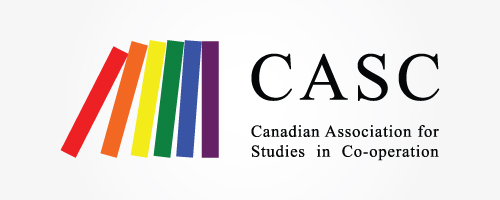
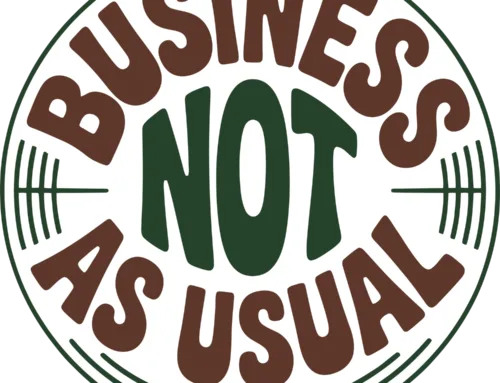
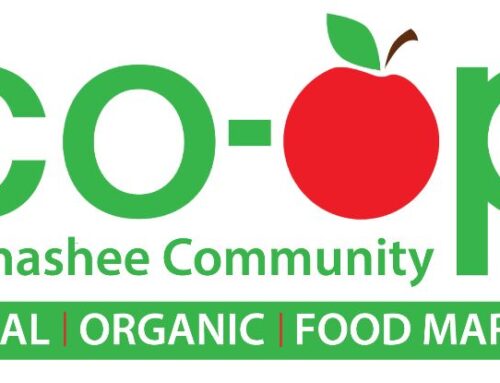
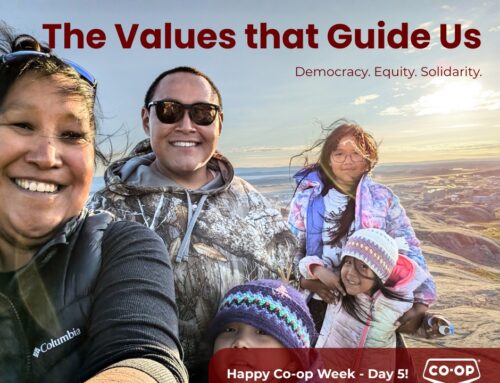
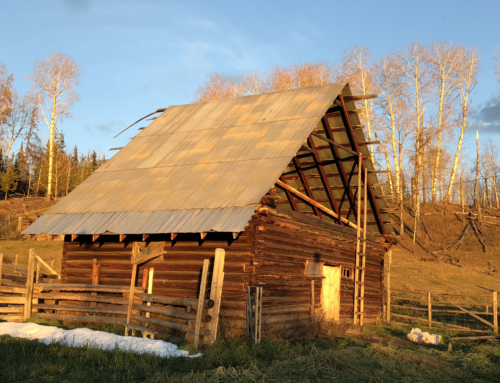
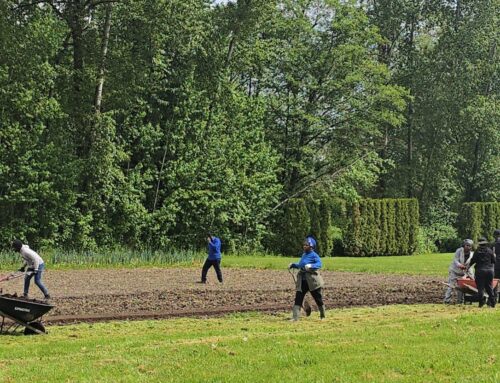
Leave A Comment